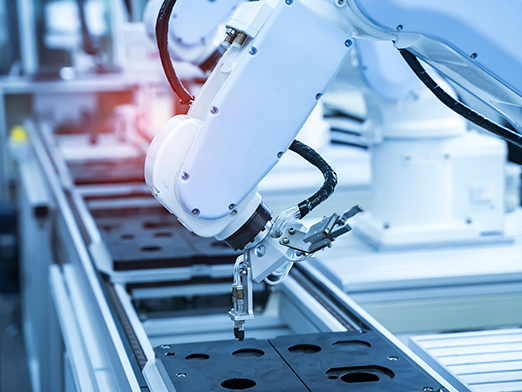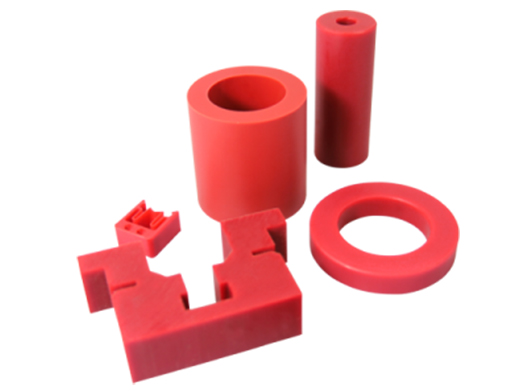Although AI has been utilized in manufacturing since the 1970s, there was little adoption and progress until the late 1990s. Recently, the popularity of incorporating AI into several aspects of any business has significantly spiked due to new developments and technology. "AI adoption has more than doubled since 2017, with 50% of organizations saying they now use AI in at least one business area." So what are the benefits?
There are several benefits of implementing AI for manufacturers and distributors, including:
- Predictive maintenance: AI can analyze sensor data to predict when equipment may require maintenance, reducing downtime and preventing costly breakdowns.
- Improved production efficiency: AI can optimize production processes, identify inefficiencies, and reduce waste, leading to improved production efficiency and cost savings.
- Quality control: AI can detect defects and inconsistencies in the manufacturing process, helping to ensure that products are of high quality and reducing the need for manual inspection.
- Supply chain optimization: AI can analyze data from across the supply chain to optimize inventory levels, reduce lead times, and improve logistics.
- Customer insights: AI can analyze customer data to identify trends and preferences, enabling plastic manufacturers and distributors to better anticipate and meet customer needs.
- Sustainable manufacturing: AI can help identify opportunities for sustainable manufacturing practices, such as reducing waste and minimizing energy consumption.
Overall, the use of AI in performance plastic manufacturing and distribution can lead to improved efficiency, cost savings, and better outcomes for customers. By leveraging AI to optimize production processes, improve quality control, and better understand customer needs, plastic manufacturers and distributors can gain a competitive advantage in the marketplace.







